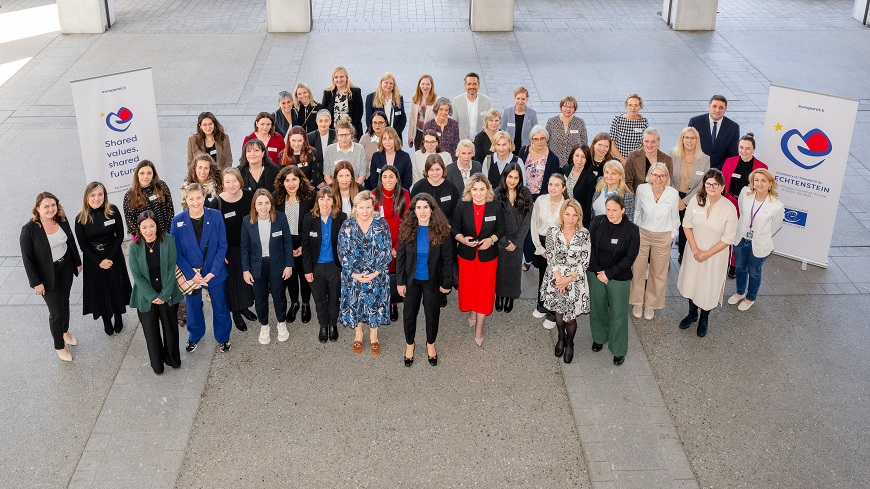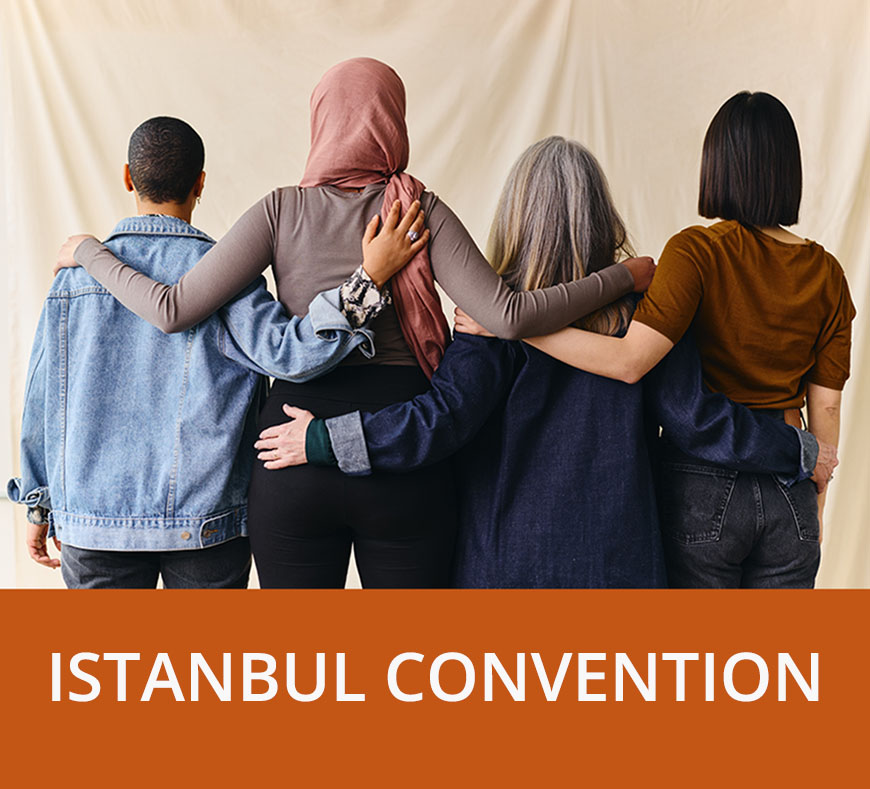Liechtenstein's beautiful town of Schaan set the stage for the 2nd meeting of co-ordinating bodies established under the Istanbul Convention, bringing together participants with a responsibility for policymaking on violence against women from almost all parties to the convention. Ambassador Martin Frick, Director of Liechtenstein's Office for Foreign Affairs, representing the Council of Europe Presidency, extended a warm welcome, marking the beginning of this gathering.
The meeting explored the importance of national co-ordinating bodies responsible for policies on violence against women, emphasising the critical role they play in shaping effective responses. Guidance was shared on how to set up such bodies, as required by Article 10 of the Istanbul Convention, on the basis of insights drawn from a Council of Europe publication.
Discussions also centered on coordinating data collection efforts, showcasing promising examples from national observatories, including insights from the European Institute for Gender Equality (EIGE).
Applying a gender-sensitive and intersectional lens to policymaking was underscored, with a focus on ensuring the non-discriminatory implementation of measures against women and domestic violence, as outlined in Article 4, paragraph 3, of the Istanbul Convention.
Experiences from parties to the Istanbul Convention were shared, providing valuable perspectives on effective strategies and challenges faced in combating violence against women at the national level.
The meeting drew to a close with a wrap-up session, reflecting on the day's discussions and the need for continuous exchange and co-operation as well as collective action to prevent and combat violence against women – an important message ahead of the 10th anniversary of the entry into force of the Istanbul Convention.





